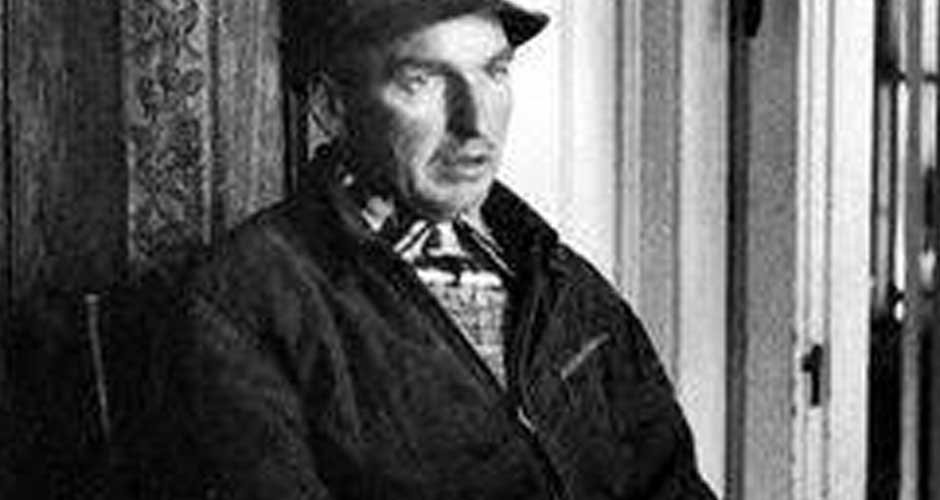The concept of land ownership has been closely intertwined with the social, political, intellectual, and moral status of a people throughout history. In this article, we will explore the evolution of land ownership and property from traditional societies through feudal Europe to the present time. We will also examine the ideas of Henry George and his proposal for a common property of rent.
The Communal Way of Traditional Societies
In traditional societies, natural resources were communally owned, and the concept of land ownership was not necessary. People lived off the land and maintained a spiritual relationship with the environment and its creatures. However, with the development of agriculture, the idea of using land as a source of wealth and power emerged.
The Levitical Land Laws of Jewish Society
In Jewish society, the Levitical land laws of the Old Testament mandated three key economic institutions, which included the Sabbath, sabbatical, and Jubilee. These institutions recognized and upheld the natural rights of land and its powers. They served as a reminder that land belongs to God and that people should use it responsibly.
The Feudal System in Europe
The feudal system in Europe brought a new form of land ownership. Landholders received rent but were responsible for certain public services, allowing access to fields, supporting the church, and assisting the destitute. Property and land ownership were not absolute concepts as they are today.
The Idea of Private Ownership: 19th Century Developments
The idea of private ownership became law in the 19th century, allowing individuals to own land as personal property. Henry George recognized that free land was dwindling, and that problems were arising due to land speculation. He proposed that the solution would be to make land common property so as not to confiscate land, but rent. George believed that public revenue should come from collecting the rent of land, not from taxing wages, sales, buildings, or production.
The Morality and Practicality of Henry George’s Proposal
Henry George’s proposal raises questions about its morality and practicality. While the idea of making land common property could be seen as fair and just, it may not be practical due to the complexities of land valuation and administering rent collection. Moreover, those who have invested in land and property may suffer significant financial losses if this proposal were to be implemented.
In conclusion, land ownership and property have evolved throughout history. Traditional societies lived communally, while feudal land tenure was not absolute. The idea of private ownership became law, but Henry George maintained that rent, rather than land, should be common property. While this proposal seems fair and just, it raises important questions about the practicality and morality of such a move.


